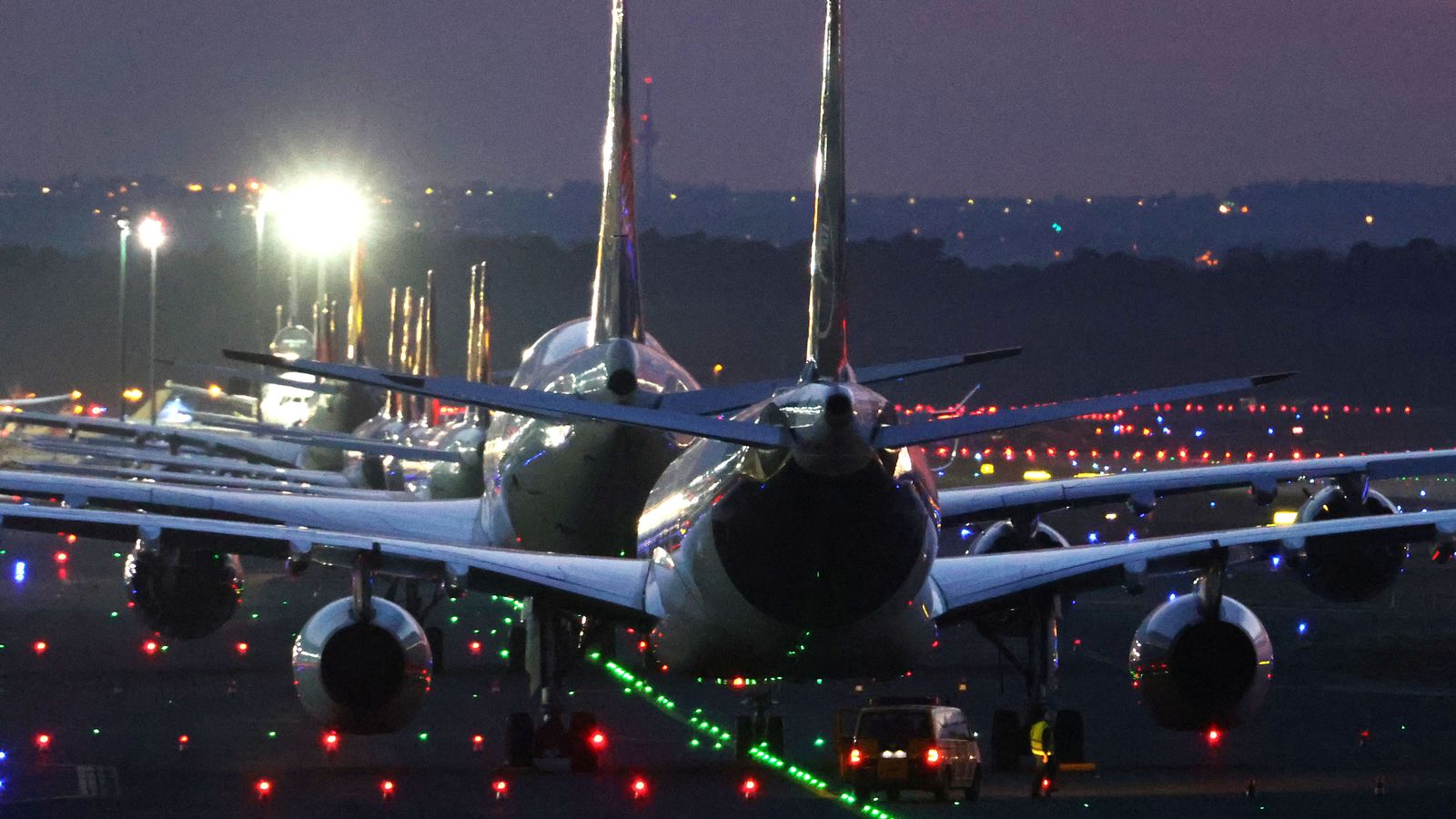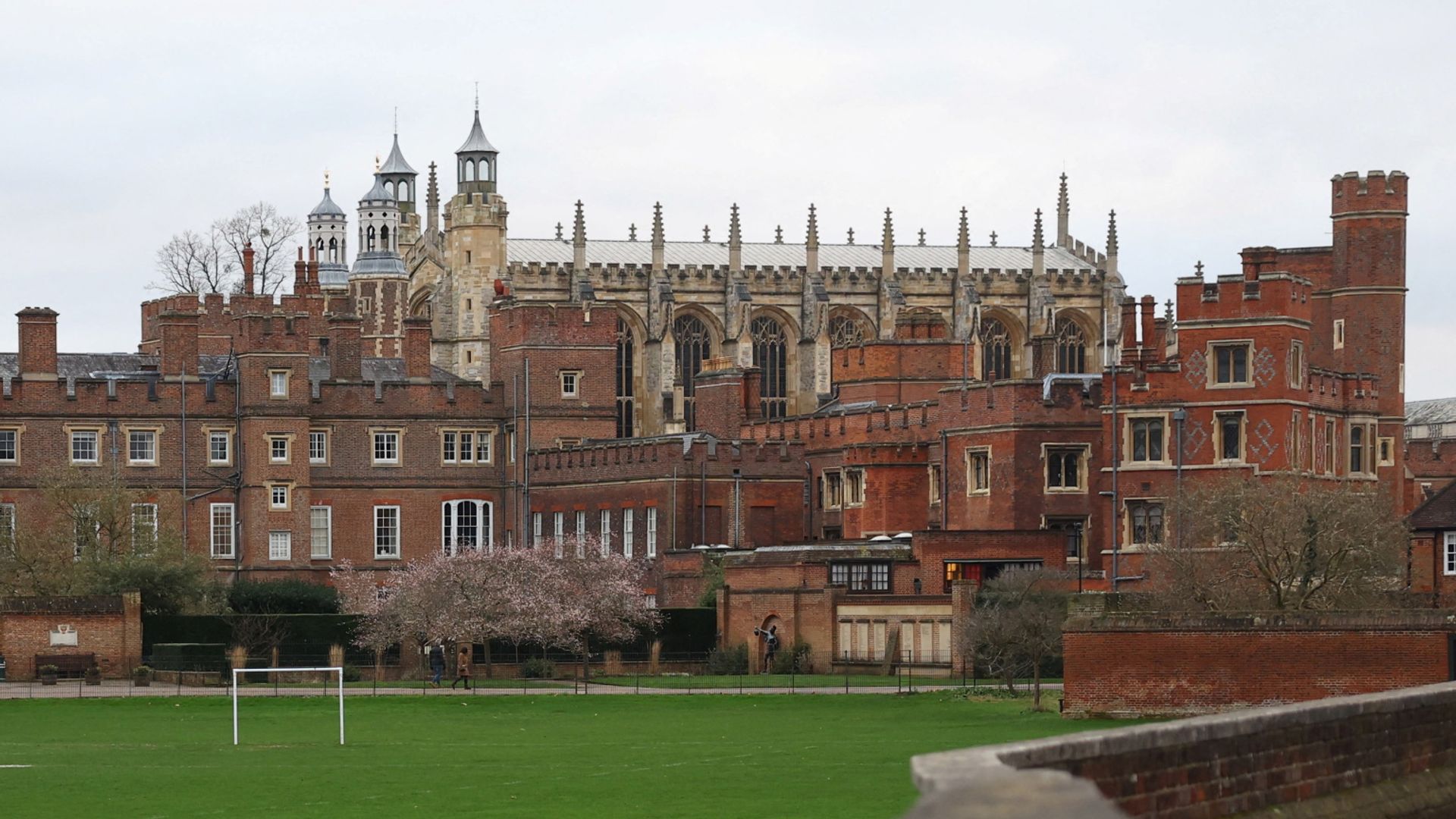The recovery of air travel is “gathering steam” but it could be held back by rising oil prices and unprepared airlines and airports, the International Air Transport Association has warned.
Its director-general Willie Walsh has released air travel figures for February and presented an outlook for the year on Wednesday.
Mr Walsh, previously head of British Airways owner IAG, said global passenger traffic had rebounded during February, despite being just over half of what it was in February 2019, before the coronavirus pandemic.
He noted recent chaos at some airports, including in the UK, where thousands of travellers have had flights cancelled or delayed because airports and airlines do not have enough staff to meet demand as pandemic restrictions are eased.
He said: “As the long-awaited recovery in air travel accelerates, it is important that our infrastructure providers are prepared for a huge increase in passenger numbers in the coming months.
“We are already seeing reports of unacceptably long lines at some airports owing to the growing number of travellers, and that is even before the surge of Easter holiday travel in many markets next week.
“The peak Northern summer travel season will be critical for jobs throughout the travel and tourism value chain.
Government to nationalise key part of electricity grid to help meet climate goals
Easter travel chaos looms as air woes combine with rail maintenance and fallout from P&O Ferries scandal
Treasury blocks household insulation expansion plans amid cost of living crisis
“Now is the time to prepare.
“Governments can help by ensuring that border positions are staffed adequately and that background security checks for new staff are managed as efficiently as possible.”
He said security checks for front-line staff used to take five to six weeks but are taking “much longer” now.
Like many other sectors, air travel is having to grapple with the rising cost of oil and rocketing inflation but Mr Walsh and the IATA report said these factors did not necessarily translate to immediate fare increases.
The report said: “Higher inflation does not necessarily entail higher fare – at least not immediately – while higher fares may not meaningfully dampen demand during recovery periods or when there is a strong willingness to travel.
“In particular, the elevated excess savings consumers in advanced economies accumulated in 2020 and 2021 may temporarily insulate them from price increases.”
In comments reported by the Reuters news agency, Mr Walsh said oil prices would previously have taken around six months to feed through to airfares.
The increase could happen more quickly now, however, because of the market’s volatility and lower-than-usual levels of forward bookings already in the system, he added.








